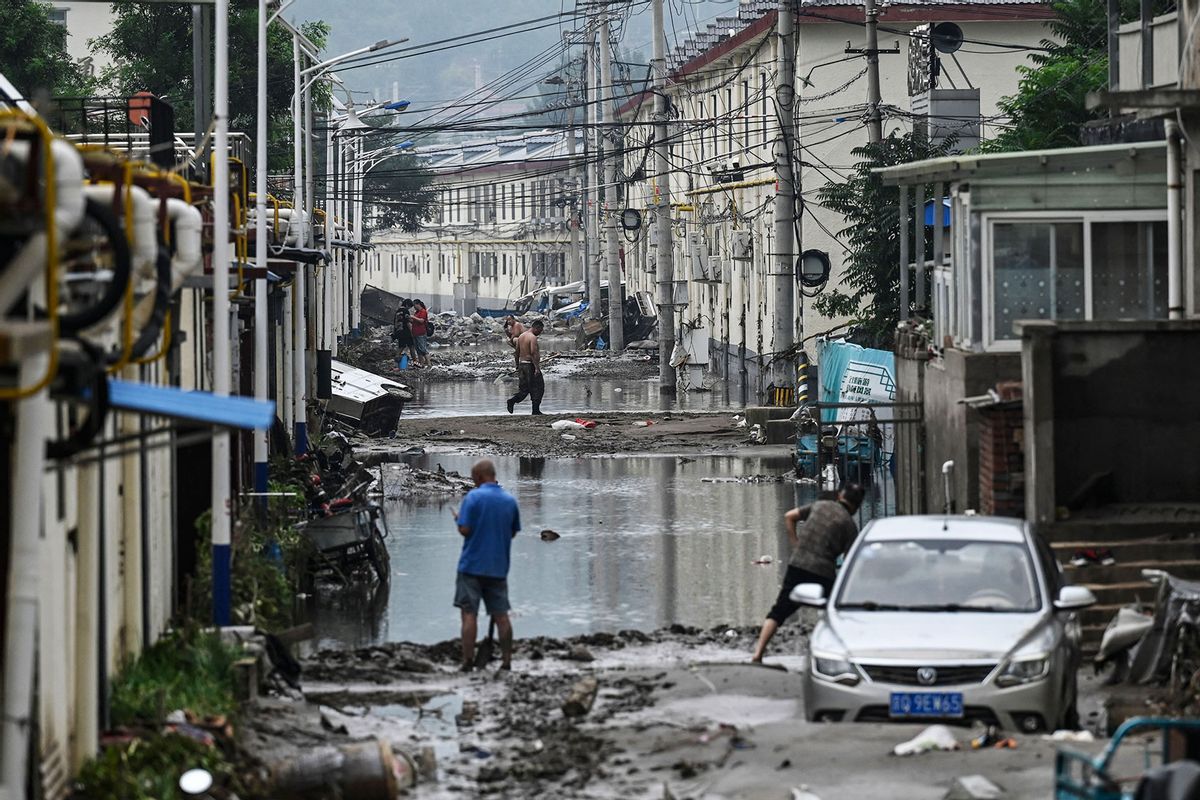By the end of the century, nearly 1 billion mostly poor people could die due to climate change, a new study suggests. If climate change reaches 2°C higher than pre-industrial levels, the level of death it will unleash would be catastrophic, according to research published in the scientific journal Energies. If true, this means that even staying within the confines of the Paris climate accord — which pledges 2°C as the upper limit of global warming — will still lead to a humanitarian disaster.
The authors, Joshua Pearce of Western University in Ontario, Canada and Richard Parncutt of University of Graz, in Austria, performed a meta-analysis on studies that examine fatalities caused by climate change impacts. They found that "a future person is killed every time 1000 tons of fossil carbon are burned." The researchers concluded that "if warming reaches or exceeds 2 °C this century, mainly richer humans will be responsible for killing roughly 1 billion mainly poorer humans through anthropogenic global warming, which is comparable with involuntary or negligent manslaughter."
The scientists emphasized the role of wealthy humans because research shows that they are disproportionately among the so-called "super emitters," or wealthy individuals whose carbon footprint is significantly greater than that of ordinary people. "In 2019, fully 40% of total U.S. emissions were associated with income flows to the highest earning 10% of households," explained the authors of a recent study in PLOS Climate.
Climate change is "a 'new abnormal' and it is now playing out in real time — the impacts of climate change are upon us in the form of unprecedented, dangerous extreme weather events," Dr. Michael E. Mann, a professor at the University of Pennsylvania, told Salon in July.



Shares